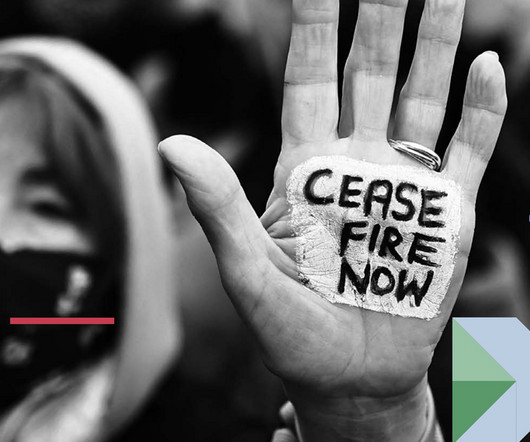Healing Society through the Archaeology of Self™: A Racial Literacy Development Approach
NonProfit Quarterly
FEBRUARY 5, 2024
Imagine a civil society in which communities, individuals, and leaders (nonprofit, social movement, philanthropy, business, education, and more) regularly engage in the process of self-examination for the sake of improving our world. The work of combating racism is a lifelong journey.

















Let's personalize your content